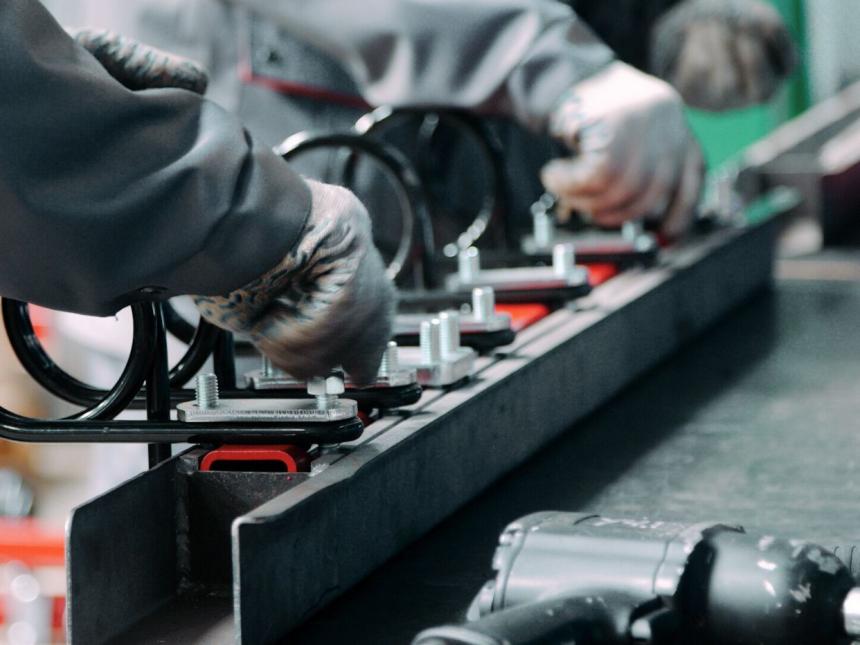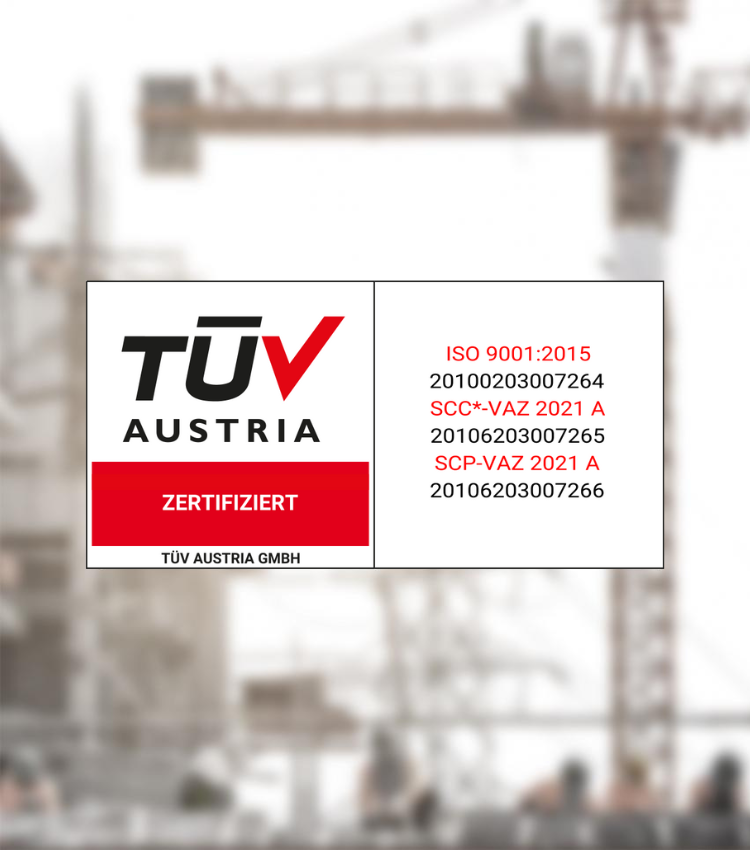Overcoming boundaries: When mechanics and electrical engineering meet in international projects
When international plant engineering projects are implemented, the demands on precision, communication, and collaboration increase dramatically. The crucial role of interdisciplinary understanding and technical precision becomes particularly evident at the interfaces between mechanical and electrical trades. Where cable routes meet drilling patterns, high-performance industrial plants are created at best – and expensive delays at worst. As a specialized partner working on behalf of leading plant engineering companies, WIMTECH is regularly involved in such projects. Our goal is to ensure the technical implementation of the customer's plans at the highest level – even under complex international conditions. In this article, we explain what is important for mechanical-electrical interfaces in international deployments, what services WIMTECH specifically provides, and how we contribute to successful implementation with systematic project management and certified processes.


Interfaces in plant engineering: Where mechanics meet electricals
Mechanical and electrical components often have to work together in close quarters in industrial plants – for example, in control elements, control cabinet installations, cable ducts, or in the integration of sensors and actuators.
Typical activities include:
- Mechanical assembly of frame structures, assemblies, and drive units
- Electrical installation including cable routing, connection work, and control cabinet wiring
- Integration and pre-assembly of entire modules or assemblies
The challenge lies in the fact that small deviations at the interfaces (e.g., hole patterns, cable routing, attachment points) can quickly lead to significant problems. These interfaces are often not fully captured in the technical drawings, which is why proactive thinking and continuous coordination between mechanical and electrical components are essential to ensure error-free assembly.

International projects: Additional challenges
In an international environment, the demands increase significantly. In addition to linguistic and cultural differences, different norms, safety requirements, and technical standards must be taken into account, such as CE directives in Europe, UL or CSA in North America.
Furthermore, electrical standards such as cable colors, voltage levels, and circuit symbols vary from country to country. The interpretation of technical documents and plans is further complicated by language barriers and inconsistent symbolism.
Such factors increase the risk of misunderstandings at interfaces, which can lead to incorrect drilling, rework, or delays. Therefore, precise communication and careful documentation are essential.
Technical implementation and project management
To avoid interface problems, clear project management processes are essential. This includes transparent and regular communication between all trades and project partners involved, so that information is passed on early and completely. Equally important are structured procedures and checklists that ensure that technical specifications are consistently adhered to. A clear allocation of responsibilities – especially at the critical transitions between mechanical and electrical systems – creates clarity and prevents overlaps or gaps. In addition, all specialists involved should be specifically trained in country-specific norms and standards to minimize sources of error in an international context. This process is supported by the use of digital tools such as 3D models or specialized software solutions that enable precise visualization and coordination. Careful planning and coordination across all project phases contributes significantly to the early identification and efficient resolution of technical conflicts – especially in multi-stage projects with complex supply chains and internationally distributed teams.


Flexibility and quality assurance on site
International construction sites are often characterized by unpredictable conditions – delayed material deliveries, changed requirements, or deviations in execution are not uncommon.
On-site specialists are therefore required to work flexibly yet in a structured manner. Standardized procedures and documented inspection processes ensure that quality is not compromised despite adverse circumstances. At the same time, pragmatic solutions are required to avoid jeopardizing project progress.
Well-coordinated cooperation between all trades involved is the key to success here.

Quality and safety standards in international plant engineering
High-quality plant projects require comprehensive quality and occupational health and safety standards. Certifications such as ISO 9001 for quality management or SCC* for contractor safety are often required for international assignments today.
Adherence to such standards ensures that all project phases are clearly documented and that the highest technical and safety requirements are met. This promotes trust among all stakeholders and minimizes risks during the project process.
Conclusion: WIMTECH – your reliable partner in international plant engineering
International plant engineering projects require not only technical expertise, but also organizational strength, interdisciplinary understanding, and a high degree of reliability – especially at the interfaces between mechanical and electrical systems. WIMTECH brings precisely these competencies and is one of the most experienced service providers in the management of complex industrial projects at an international level.
Our qualified specialists are specially trained in mechanical and electrical installation and regularly work both domestically and abroad. Upon request, we also undertake pre-assembly or complete component assembly in our modern plants in Austria and Croatia – efficiently, precisely, and on time. Thanks to sophisticated logistics processes and our own transport resources, we reliably deliver pre-assembled units to the construction site – regardless of the location.
On-site, our teams work with state-of-the-art tools and equipment, which are provided on a project-by-project basis. Our working methods are structured, standardized, and designed for the highest quality – documented by certifications such as ISO 9001, SCC*, and SCP. This ensures that we operate at the highest level not only technically, but also organizationally and in terms of safety.
We don't see ourselves as a competitor to our customers, but rather as an extended workbench – an integrated partner who works according to the specifications of the plant manufacturers, thinks for themselves, assumes responsibility, and ensures that projects are implemented smoothly – regardless of the country, under the conditions, and with the requirements.


„International assembly projects require precision, reliability and interface expertise – that’s exactly what we offer.”
Contact us
With our know-how in the areas of plant engineering and electrical engineering, the necessary human resources and a global network, we are ready for your project!


